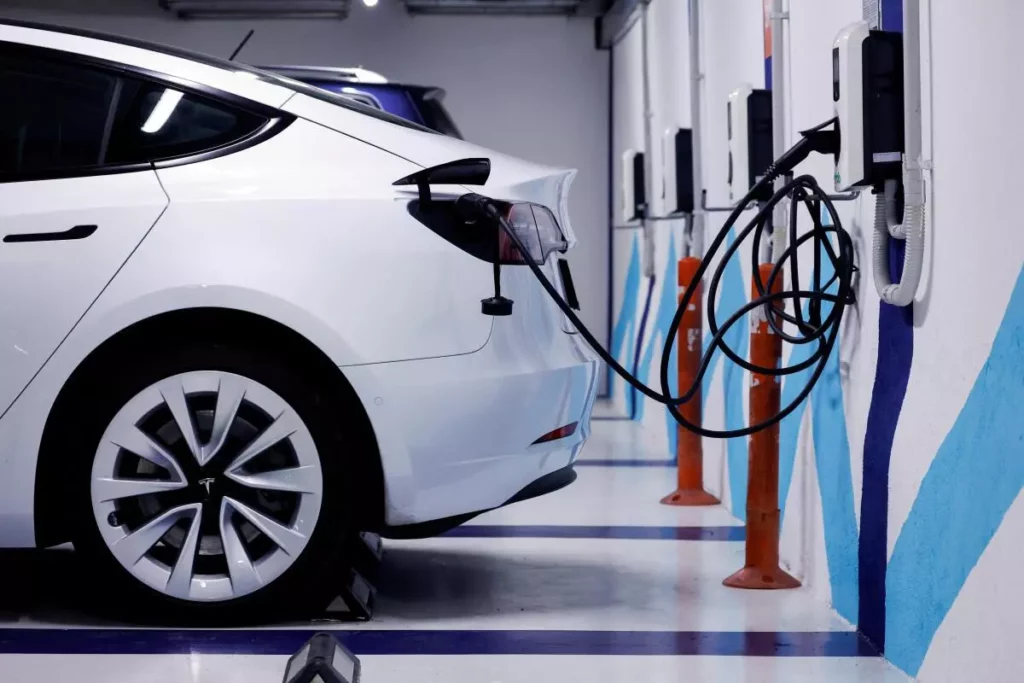The International Energy Agency’s (IEA) outlook report for the electric vehicle market predicts that this year, electric vehicles will account for close to one-fifth of the global market. The agency stated in a report released on Wednesday that electric vehicle sales are anticipated to remain robust through 2023. In the first quarter, more than 2.3 million electric vehicles were sold, which is about a 25% increase over the same period last year. As sales of electric vehicles surpassed 10 million in 2022, the IEA claims that these markets are expanding exponentially.
“We currently expect to see 14 million in sales by the end of 2023, representing a 35 percent year-on-year increase with new purchases accelerating in the second half of this year. As a result, electric cars could account for 18 percent of total car sales across the full calendar year,” the report wrote.
Global sales were dominated by three markets, it claimed. Once again, China led the way, accounting for about 60% of global sales of electric vehicles.
China currently accounts for more than half of all electric vehicles on the road, and the nation has already surpassed its goal for new energy vehicle sales by the year 2025.
In 2022, electric car sales in Europe, the second-largest market, increased by over 15%, resulting in the sale of more than one in every five electric vehicles. The third-largest market, the United States, saw a 55 percent increase in electric car sales in 2022, reaching an 8 percent market share.

The agency also pointed out that, despite starting from a small base, there are encouraging signs for developing EV markets. Outside of the major markets, sales of EVs are typically low, but India, Thailand, and Indonesia saw increases in 2022. The total number of electric car sales in these nations increased by more than three times from 2021 to 80,000.
In comparison to India and Indonesia, which both averaged around 1.5 percent last year, Thailand’s share of electric cars in overall sales was just over 3 percent in 2022. Manufacturing of EVs and component parts is increasing in India thanks to a government incentive programme worth $3.2 billion that has attracted $8.3 billion in investments. According to the report, Thailand and Indonesia are also improving their policy support programmes, which could be a valuable resource for other emerging market economies looking to promote EV adoption.
In 2022, the world spent more than $425 billion on electric vehicles, an increase of 50% from 2021. Only 10% of the spending can be attributed to government assistance; the remaining 90% was generated by consumer spending. Investors have consistently supported EVs with their money, as evidenced by the performance of stocks of EV-related businesses.
Also Read:


